Of all the questions we get about our adoption, this question is among the most frequently asked: why did you choose to adopt from Korea?
As we’ve mentioned elsewhere on this blog, adoption has always been something that we talked about, even before we were married. As an aside, adoption has been a big part of my family history. My great-grandfather and his brother were adopted, and his two sons would go on to marry twin girls who were also adopted. (Yes, that makes their children “double cousins”). My grandparents later adopted my aunt/Godmother. While it makes tracing our lineage a bit more difficult, I cannot imagine my family any other way.
It’s always amazed me how God put my family together, in part through adoption. It goes without saying that I wouldn’t be here today if He hadn’t put exactly the right people in exactly the right place through multiple adoptions at different times in different parts of the state during a time in which adoption was not very prevalent. It’s mind-boggling to think that it was anything other than His perfectly-calculated plan.
When we talked about our plans for our family, those plans always included not only our biological children, but adopted children as well. When we discovered that it may be impossible for us to conceive, we focused on the adoption aspect of our family plans. Some people talk about adoptive families that struggled with infertility as though they are “settling” or like it’s some kind of consolation prize. Though the road has been difficult, we fully recognize that this is, and always has been, God’s plan for us. There’s no such thing as “settling” for God’s plan. My family is living proof of that.
There’s no such thing as “settling” for God’s plan.
When we began looking into adoption, it was completely overwhelming. There was so much information to absorb and digest. As you may know, there are no shortage of YouTube videos of tear-filled homecomings and daily Instagram updates from adoptive parents at all stages of the process who have adopted domestically and internationally.
Where do you even begin? If we’re being completely honest, we just started Googling. We read everything that we could about both international and domestic adoption. We looked at placing agency websites and we read the FAQ sections and the articles and, yes, we watched the tear-jerker videos. Though neither of us can explain exactly how or when it happened, we both felt we were being drawn to international adoption.
You still haven’t explained why you chose Korea. Get to the point.
When we started seriously discussing the possibility of international adoption, we both had Asia in mind. Perhaps this is because one of our very best friends was adopted from Taiwan and we have other friends who were adopted from Korea. The question then became, “how do we decide on a country?”
That question was, in part, answered by first deciding on a placing agency. Placing agencies are largely independent of each other (though they may share some resources) and each agency has programs in different countries. There are countries with connections to multiple agencies, and there are countries where only one placing agency currently operates. We decided on a very reputable placing agency that was one of the first to develop an international adoption program.
Once we decided on our placing agency, we began looking into the various programs that they had in different countries. Though there were similarities among each of the programs, we discovered that each program had unique requirements and procedures for completing an international adoption. We learned that the variations were often based on specific requirements imposed by each individual country. The differences include, but are not limited to, threshold income requirements, adoptive parent age restrictions, debt-to-income ratio requirements, marital status requirements, costs, travel, age of children awaiting placement, wait time between match and placement, and the type of care received while awaiting placement.
We had an initial conference call with a representative from our placing agency where we were able to discuss these differences in some detail and ask questions. After the conference call, it was clear to us that the Korea program was the one that we would go with.
First, the placing agency we are working with has a very strong and very well-developed program in Korea. Our agency began facilitating international adoptions out of Korea shortly after the Korean War and was one of the first agencies to do so. Second, there were no requirements that struck us as overly-burdensome or that we felt we simply would not be able to meet. Third, children adopted from Korea are typically between 1-2 years old by the time they come home, which was among the youngest for children adopted internationally. By the time we are home with our child, we will have been married between 5 and 6 years and on the wrong side of 30. A one to two year-old child seemed like a natural fit for the duration of our marriage and our age. Fourth, and most importantly, children in Korea awaiting placement are in foster/family care with families in Korea rather than in an orphanage or other institution.
Though we decided on Korea relatively quickly, it was not necessarily “easy”. As we’ve mentioned to our placing agency, our social worker, and others who have asked, it is a very strange thing to have to choose a country to adopt from. It almost makes you feel like you’re comparison shopping. In that respect, there was definitely some unease and a little guilt. We know that there are deserving children around the world in need of loving families, and having to choose one country over another was very difficult. However, we knew that our decision was reached carefully, prayerfully, and with only love in our hearts for our future child or children.
Once we decided on Korea, we began learning everything that we could about the country and the culture. Neither of us had ever traveled outside of the United States before, let alone the Western Hemisphere. Neither of us had ever taken any classes specifically about Korean culture or language, we had never met anybody who grew up or lived in Korea, and we had never eaten actual Korean food. The things we knew about Korea were gleaned largely from newscasts discussing North Korea or from what we learned while watching the Winter Olympics.
The more we learned about Korea, the more confident we became in our decision. Korea is a fascinating country with a rich history and vibrant culture. It is a safe, highly-developed modern country where we know that our child is being well cared-for. We started to develop a bond with this country that we had never been to and had known so little about just months before embarking on this journey.
When we learned that our home study organization was closing its international program and that we may need to start over – and perhaps even focus on a different country entirely – it was devastating to us. Though we hadn’t been matched with a child, we already felt a connection to Korea and to our child there. In our minds, we had pictured our visit to Korea and what it would be like to meet and hold our child and, eventually, bring him or her home. We imagined teaching our child about Korea and what it would be like to take them back some day. Being asked to flippantly consider another country hurt us in ways we couldn’t explain. Our child is from Korea.
There is much more that we could say about our decision to adopt from Korea, and we will be sharing more about the country as the process continues. For now, suffice it to say that we are thrilled with our decision and are anxiously awaiting our match. We have prayed that God would guide us through this process, and we know that He has led us to this point and we are so excited to find out what he has in store for our family.
Pro Gloria Dei.
Chris
Adoption status update: At the time of this blog post, we are an official “waiting family.” That means our home study documents were sent over to South Korea by our U.S. placing agency and the documents are being translated in Korean for the Korean government. It’s a wonderful milestone because the next step is child match! We will be matched with 1 or 2 children and we will have the opportunity to review the background and medical history of a child. We very anxiously wait for that wonderful day when we get the phone call from our social worker. The child match phase, on average, takes about 2-6 months. We anticipate a match by this summer. Once we have accepted a child, we begin the long process of legally and formally taking custody of our child and bringing them home. Please continue to pray for patience and strength as we continue this process.
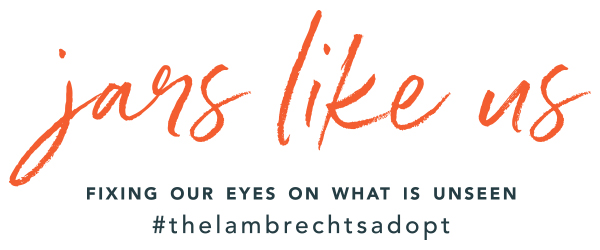


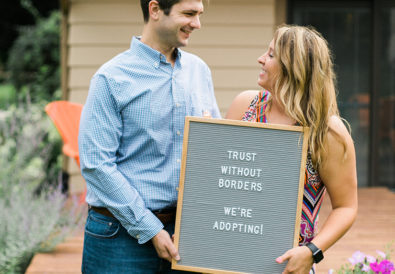
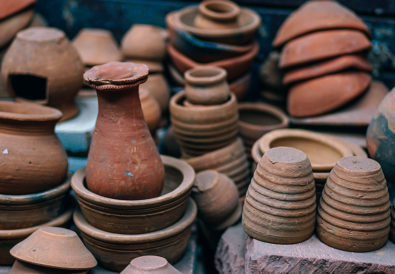
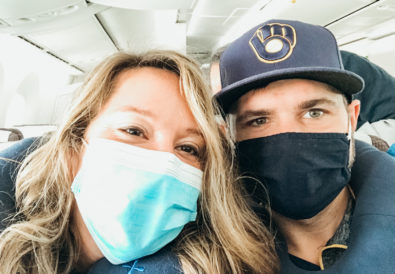






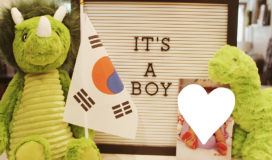

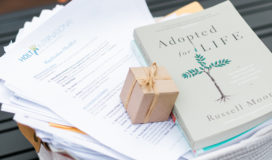



God, His plan and His timing is perfect. As is your perfect little baby from Korea. Waiting with so much excitement with you as you journey through the adoption process. Love you guys so very much!!
Thank you for the meaningful and detailed update. As you stated, adoption is not a “settling”. What married couple chooses to go through such intense investigation to become parents? It takes strength and perseverance that is tied to faith in the awesome Savior-God, Jesus, who knows the best time and place for prayers to be answered. We keep you and your child in our prayers.
Hi Chris & Bri,
Yesterday, your dad (“Uncle Loth” — although, he’s my brother-in-law, ha-ha) emailed me the link to the Channel 58 news interview. He’s so proud. What a great piece. I took some time and went to your blog and truly enjoyed reading about your journey thus far. Your future son or daughter will cherish these writings. Chris, you have grown into such a fine young man. I pray God continues to bless you and your soon-to-be growing family with health and happiness. Can’t wait for more updates!